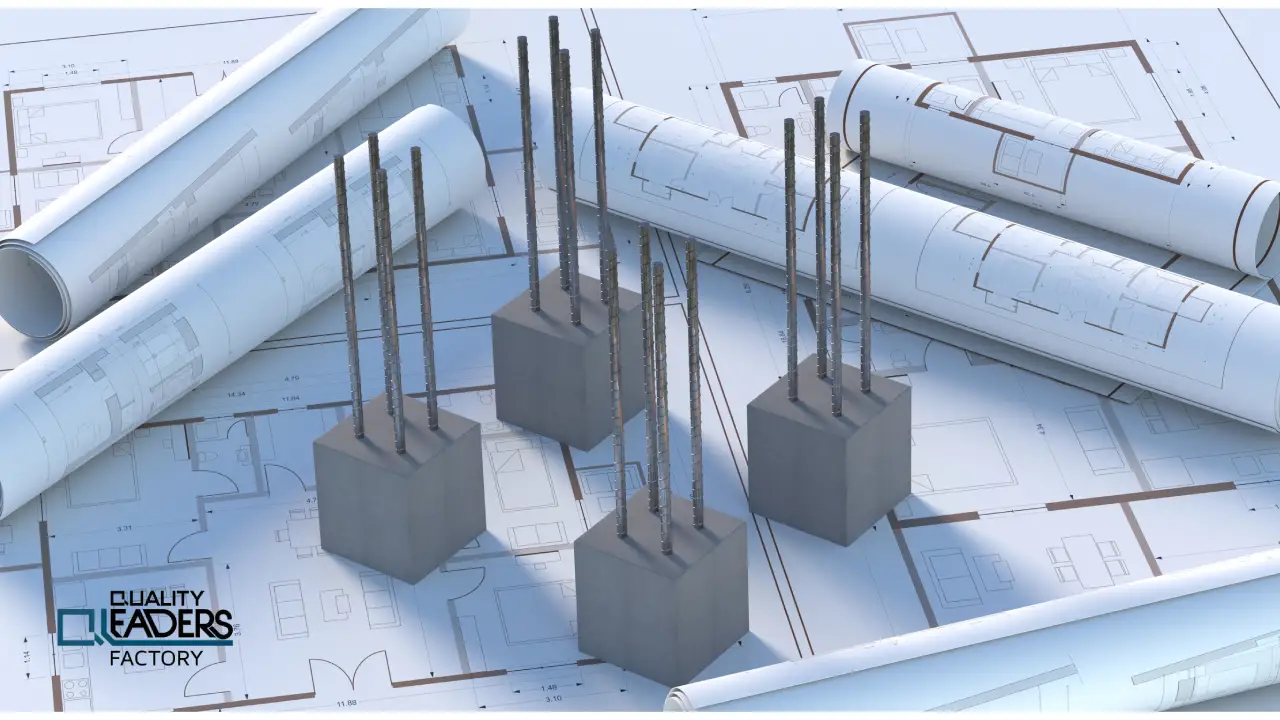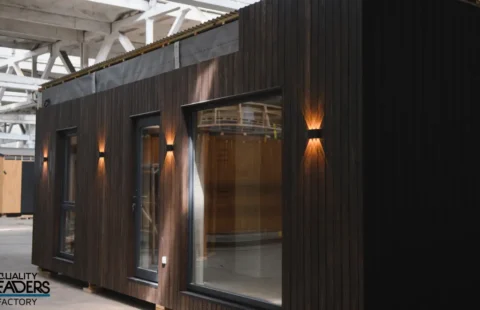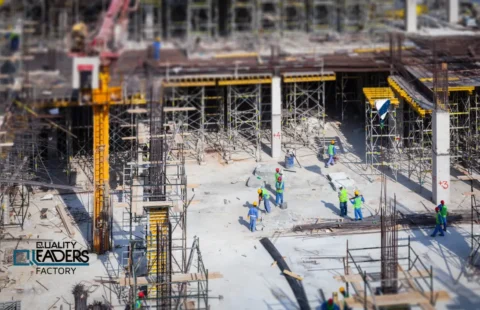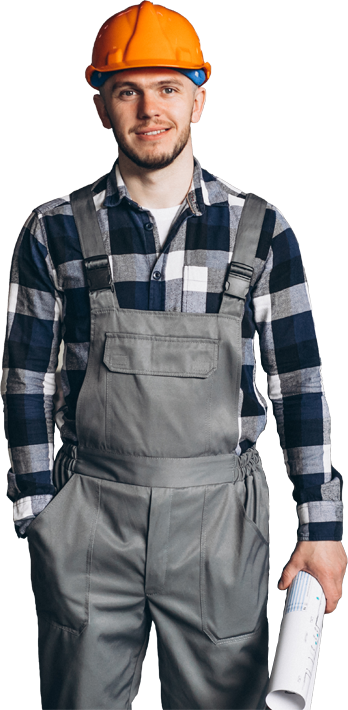
Steel Fiber Reinforced Concrete: Revolutionizing Construction in Saudi Arabia
Introduction
Steel Fiber Reinforced Concrete has emerged as a game-changer in the rapidly evolving construction industry. It combines the compressive strength of concrete with the tensile strength of steel, offering enhanced durability and resilience. This innovative material is particularly significant in Saudi Arabia and the Gulf countries, where ambitious infrastructure projects demand high-performance construction solutions.
What is Steel Fiber Reinforced Concrete?
Steel Fiber Reinforced Concrete is a composite material made by adding steel fibers to the concrete mix. These fibers are typically 0.5 to 2.0 mm in diameter and 25 to 60 mm in length. The fibers help distribute loads more evenly, improving the concrete’s overall performance.
Benefits of Reinforced Concrete.
- Improved Durability: Adding steel fibers enhances the concrete’s resistance to cracking and spalling, increasing its lifespan.
- Higher Tensile Strength: SFRC offers superior tensile strength to traditional concrete, making it ideal for high-stress applications.
- Enhanced Flexibility: The steel fibers provide flexibility, allowing the concrete to absorb and dissipate energy more effectively.
- Reduced Maintenance Costs: Due to its improved durability, structures built with SFRC require less frequent maintenance, leading to cost savings over time.
- Sustainability: SFRC can be produced using recycled steel fibers, contributing to sustainable construction practices.
Applications of Reinforced Concrete.
Steel Fiber Reinforced Concrete is used in various applications, including:
- Industrial Floors: SFRC is ideal for industrial floors that experience heavy loads and high traffic.
- Pavements and Roadways: The material’s enhanced strength makes it suitable for pavements and roadways.
- Tunnels and Underground Structures: SFRC’s durability and flexibility are beneficial when constructing tunnels and underground structures.
- Bridges and Flyovers: The material’s high tensile strength makes it an excellent choice for bridges and flyovers.
- Residential and Commercial Buildings: SFRC is also used in residential and commercial buildings to improve the structural integrity of the foundations and walls.
Manufacturing of Steel Fiber in Saudi Arabia.
Saudi Arabia has several manufacturers specializing in producing steel fibers for reinforced concrete. Significant locations include Dammam, Khobar, Jeddah, Riyadh, Makkah, and Madinah. Steel Fiber manufacturers adhere to strict quality standards to ensure the fibers meet the required specifications for construction projects.
Leading Manufacturers in Saudi Arabia.
Quality Leaders Factory: Known for its high-quality production processes and adherence to international standards. They are providing innovative solutions for various construction needs.
Saudi Ready Mix: provides a wide range of steel fiber products tailored to meet specific project requirements.
Saudi Grate: Renowned for its advanced manufacturing techniques and extensive distribution network.
Advantages of Using Steel Fiber in Concrete.
- Enhanced Load-Bearing Capacity: Adding steel fibers increases the load-bearing capacity of concrete structures.
- Improved Impact Resistance: SFRC can withstand impacts and shocks better than traditional concrete, making it ideal for high-stress environments.
- Better Shrinkage Control: The fibers help control shrinkage cracks, reducing the risk of structural failures.
- Increased Fire Resistance: SFRC exhibits improved fire resistance compared to conventional concrete, enhancing building safety.
- Cost-Effective: Despite the higher initial cost, the long-term benefits and reduced maintenance make SFRC a cost-effective solution.
Implementing SFRC in Saudi Arabia.
The General Contracting industry in Saudi Arabia and UAE is poised for significant growth, driven by ambitious projects like Saudi Vision 2030, NEOM, the Red Sea Project, and various infrastructure developments. Implementing steel fiber-reinforced concrete in these projects can provide numerous benefits, including:
Longer Lifespan of Structures: SFRC’s enhanced durability ensures that structures last longer, reducing the need for frequent repairs and replacements.
Improved Safety: The material’s superior strength and flexibility enhance the safety of buildings and infrastructure.
Sustainability: Using recycled steel fibers in SFRC promotes sustainable construction practices, aligning with the region’s environmental goals.
Cost Savings: Reduced maintenance and longer lifespans result in significant cost savings over time.
Future Prospects of SFRC in the Gulf.
The demand for Steel Fiber Reinforced Concrete is expected to grow as more construction projects in Saudi Arabia and the Gulf embrace innovative materials.
Key factors driving this growth include:
Technological Advancements: Ongoing research and development in concrete technology will continue to improve the performance of SFRC.
Government Initiatives: Government support for sustainable construction practices will boost the adoption of SFRC.
Increased Awareness: As more stakeholders become aware of SFRC’s benefits, its usage will expand across various sectors.
Conclusion.
Steel Fiber Reinforced Concrete (SFRC) is revolutionizing the construction industry in Saudi Arabia and the Gulf. Its enhanced strength, durability, and sustainability make it ideal for various applications, from industrial floors to bridges and residential buildings. With leading manufacturers in the region and a growing demand for high-performance construction materials, SFRC is set to play a crucial role in shaping the future of construction in the Gulf.
FAQs.
What is Steel Fiber Reinforced Concrete (SFRC)?
SFRC is a composite material made by adding steel fibers to the concrete mix, enhancing its strength and durability.
What are the benefits of using SFRC?
SFRC offers improved durability, higher tensile strength, enhanced flexibility, reduced maintenance costs, and sustainability.
Where is SFRC used?
SFRC is used in industrial floors, pavements, roadways, tunnels, underground structures, bridges, flyovers, and buildings.
Who are the leading manufacturers of steel fibers in Saudi Arabia?
Key manufacturers include Dammam Steel Fiber Plant, Khobar Steel Fiber Factory, Riyadh Steel Fiber Manufacturing, Jeddah Steel Fiber Industries, Madinah Steel Fiber Production, and Makkah Steel Fiber Company.
What is the future of SFRC in the Gulf?
The demand for SFRC is expected to grow due to technological advancements, government initiatives, and increased awareness of its benefits.



